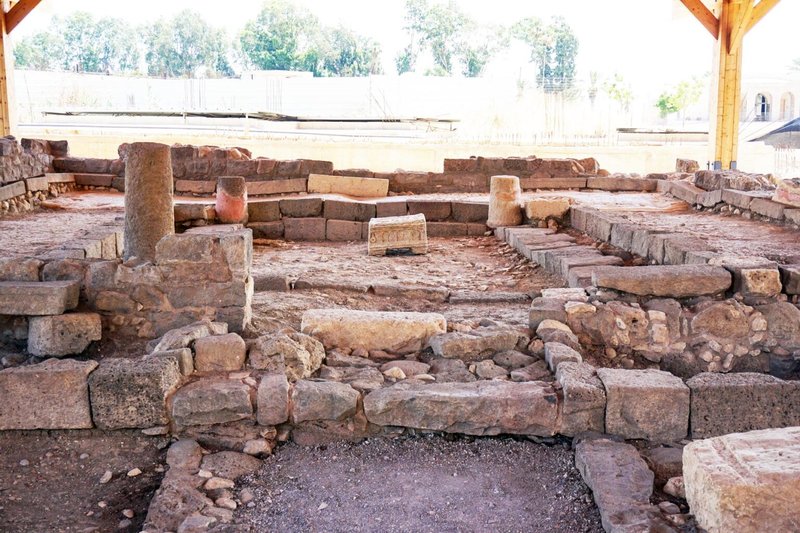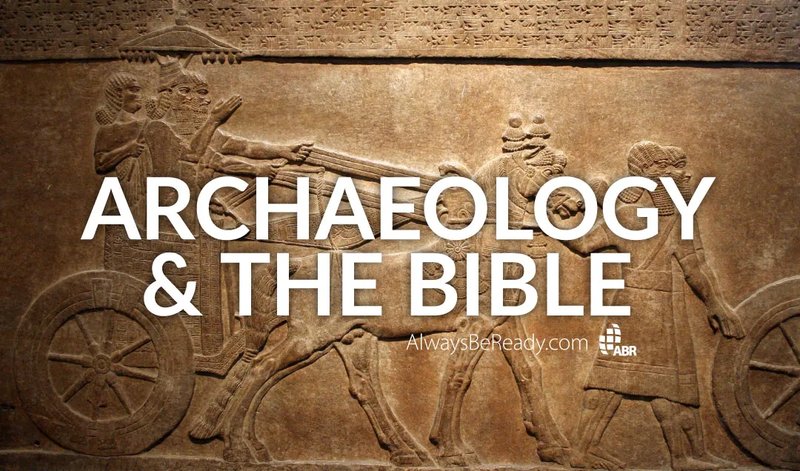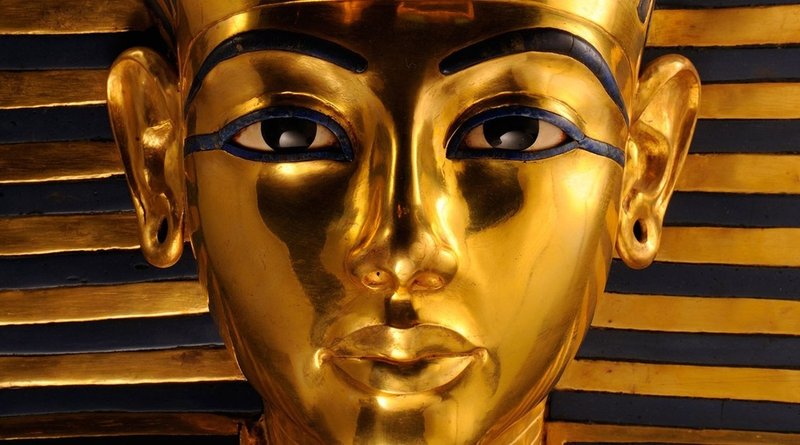· Apologetics > Apologetics Basics > History · 3 min read
Unveiling Christian Archaeology: Divine Treasures Revealed
Explore the fascinating world of Christian archaeology, uncovering ancient artifacts and historical sites that shed light on the early days of Christianity. Delve into the relics and ruins that connect us to the roots of this faith.

Christian Archaeology
Archaeology is the study of ancient cultures through the recovery and documentation of materials from the past. Christian archaeology, specifically, focuses on studying the ancient cultures that have influenced Christianity and Judaism, as well as the Jewish and Christian cultures themselves. By uncovering physical artifacts and examining ancient sites, Christian archaeologists aim to validate what we already know about the past and advance our understanding of the customs and practices of biblical peoples.
The Importance of Christian Archaeology
The Bible and other written records provide crucial information about the history of ancient biblical peoples. However, these records often leave unanswered questions. This is where Christian archaeology plays a significant role. Through excavations of ancient garbage dumps and abandoned cities, archaeologists can find clues that help fill in the gaps in our understanding of the past. The goal of Christian archaeology is to verify the essential truths of the Old and New Testaments through physical artifacts left behind by ancient peoples.
Christian archaeology as a scientific discipline emerged in the 19th century. Scholars such as Johann Jahn, Edward Robinson, and Sir Flinders Petrie laid the foundation for this field of study. However, it was William F. Albright who became a dominant figure in the 20th century and brought Christian archaeology into contemporary debates about the origins and reliability of biblical narratives. Albright and his students provided much of the physical evidence supporting the historical events described in the Bible.
Challenges Faced by Christian Archaeology
Today, there are as many archaeologists trying to disprove the Bible as there are those trying to prove its accuracy. Secular attacks on Christianity can be found in various forms, including television programs that question the historicity of Christ or present alternative theories. It is important to approach such claims with critical thinking and seek reliable information from Christian archaeologists.
One example is James Cameron’s program claiming to have found Jesus’ tomb and burial box. However, this discovery had already been proven not to be Christ’s burial box years earlier. Through the diligent work of Christian archaeologists, the truth was uncovered. This highlights the importance of archaeological evidence in providing physical information about the ancient world and its connection to biblical narratives.
The Validation of Biblical Truths
Christian archaeology enables us to gain a better understanding of the lives and times of biblical peoples through systematic excavation and analysis. When conducted using proper scientific methods, archaeological research can provide valuable insights into ancient cultures and support the historical accuracy of the Bible.
By sharing these findings with experts worldwide, Christian archaeologists contribute to a more complete understanding of the ancient world. This information can then be used to present a robust defense of the biblical narrative and the gospel of Jesus Christ. When faced with skepticism about the truth of the Bible, we can confidently point to the work of Christian archaeologists who have validated many facts found within Scripture.
Why This Matters:
Christian archaeology plays a vital role in supporting the historical accuracy of the Bible. By uncovering physical artifacts and examining ancient sites, Christian archaeologists provide tangible evidence that supports our faith in God’s Word. Understanding this field of study helps us respond to challenges and engage in meaningful discussions about the reliability of Scripture.
Think About It:
Next time you encounter a claim or program that questions the historical accuracy of the Bible, consider seeking out information from Christian archaeologists who have diligently studied these topics. By understanding their research, you can respond with confidence and share how archaeological discoveries continue to validate the truths found within Scripture.



